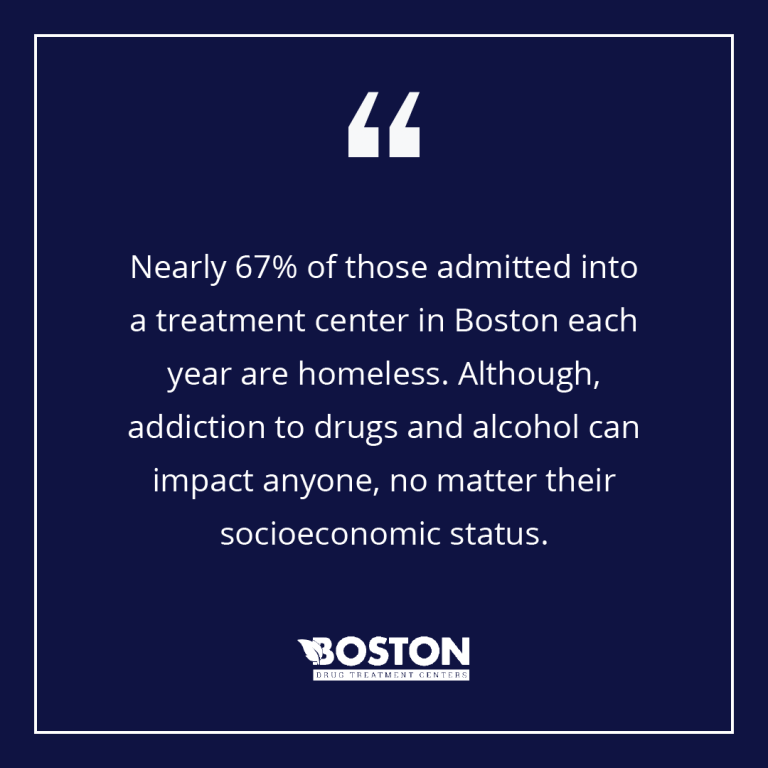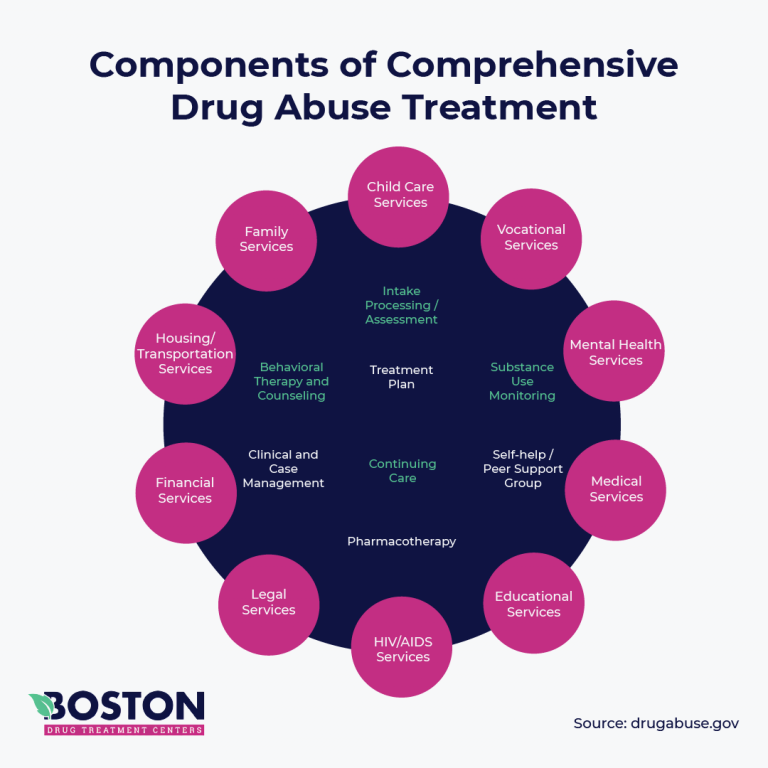If you or someone you love is struggling with substance use disorder, there is help available. You don’t have to suffer alone. There are caring professionals ready to get you started on your path to recovery.
The first step in seeking help is to talk to a treatment specialist who can evaluate your situation. They can put you in touch with resources that can get you started on your journey for treatment from the effects of active addiction.
When you take that first step into recovery, you begin the chapter of a new life focused on self-care and healing. Treatment is the answer. You can find the help you need with judgment. It is the best choice you can make for your physical, mental, emotional, and spiritual health.
If you are ready to begin the treatment journey and take back your life, contact Boston Drug Treatment Centers to find the rehab center that meets your needs. We have the resources to connect you with the right treatment for you. Give us a call at 857-577-8193.


